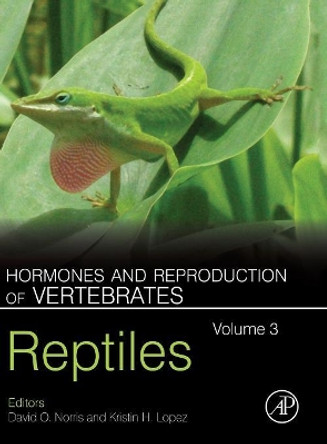Reproductive skew is the study of how reproduction is partitioned in animal societies. In many social animals reproduction is shared unequally and leads to a reproductive skew among group members. Skew theory investigates the genetic and ecological factors causal to the partitioning of reproduction in animal groups and may yield fundamental insights into the evolution of animal sociality. This book brings together new theory and empirical work, mostly in vertebrates, to test assumptions and predictions of skew models. It also gives an updated critical review of skew theory. The team of leading contributors cover a wide range of species, from insects to humans, and discuss both ultimate (evolutionary) and proximate (immediate) factors influencing reproductive skew. Academic researchers and graduate students alike with an interest in evolution and sociality will find this material stimulating and exciting.
Brings together new theory and empirical work, mostly in vertebrates, to test assumptions and predictions of skew models.About the AuthorReinmar Hager is a Postdoctoral Research Associate at the University of Manchester. He has been awarded University Fellowship by the German Science Foundation and was elected Senior Rouse Ball Scholar at Trinity College, Cambridge.
Book InformationISBN 9780521864091
Author Reinmar HagerFormat Hardback
Page Count 546
Imprint Cambridge University PressPublisher Cambridge University Press
Weight(grams) 1220g
Dimensions(mm) 254mm * 180mm * 29mm






